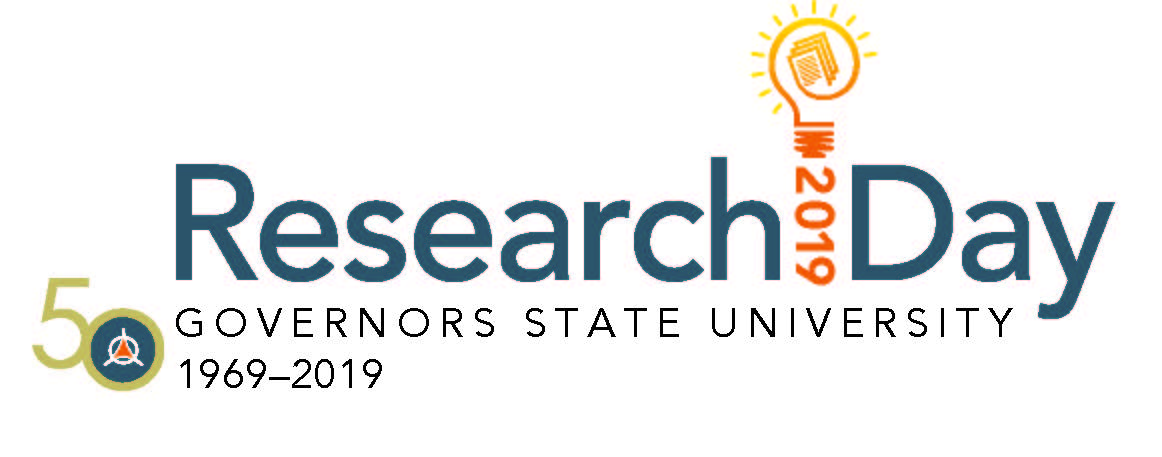
Type of Presentation
Poster Session
Start Date
4-12-2019 11:15 AM
End Date
4-12-2019 12:15 PM
Abstract
The Student Behavior Checklist (SBC) is a tool which helps teachers monitor how students approach learning by measuring the constructs of learned helplessness and mastery orientation. Learned helplessness is a passive behavior that is characterized by an inability to learn, often displayed in students who are frequently subjected to stressful events. Individuals who develop learned helplessness attribute failures to personal inadequacy, which lead to negative attitudes towards tasks, becoming overwhelmed with frustration, and developing less effective strategies after failure. A concept of behavior in contrast to learned helplessness is mastery orientation. Mastery orientated students believe that they effort they put into their work will produce success and prefer to take on challenging tasks. Mastery orientated students view failure as a challenge to be worked on and mastered through effort, maintaining a positive outlook and focus on the task. The current scientific literature on both constructs of learning suggest that learning orientation is a good predictor of academic performance. This poster presentation will focus on the importance of measuring student learning orientation in the educational setting to maximize academic achievement. Implications for identifying learned helplessness and mastery orientation will promote understanding of individual learning orientations, and how assessing these constructs will lead to greater academic achievement by students.
Faculty / Staff Sponsor
Dr. Alli Cipra
Presentation File
wf_yes
Included in
Assessing learning orientation to maximize academic achievement
The Student Behavior Checklist (SBC) is a tool which helps teachers monitor how students approach learning by measuring the constructs of learned helplessness and mastery orientation. Learned helplessness is a passive behavior that is characterized by an inability to learn, often displayed in students who are frequently subjected to stressful events. Individuals who develop learned helplessness attribute failures to personal inadequacy, which lead to negative attitudes towards tasks, becoming overwhelmed with frustration, and developing less effective strategies after failure. A concept of behavior in contrast to learned helplessness is mastery orientation. Mastery orientated students believe that they effort they put into their work will produce success and prefer to take on challenging tasks. Mastery orientated students view failure as a challenge to be worked on and mastered through effort, maintaining a positive outlook and focus on the task. The current scientific literature on both constructs of learning suggest that learning orientation is a good predictor of academic performance. This poster presentation will focus on the importance of measuring student learning orientation in the educational setting to maximize academic achievement. Implications for identifying learned helplessness and mastery orientation will promote understanding of individual learning orientations, and how assessing these constructs will lead to greater academic achievement by students.
